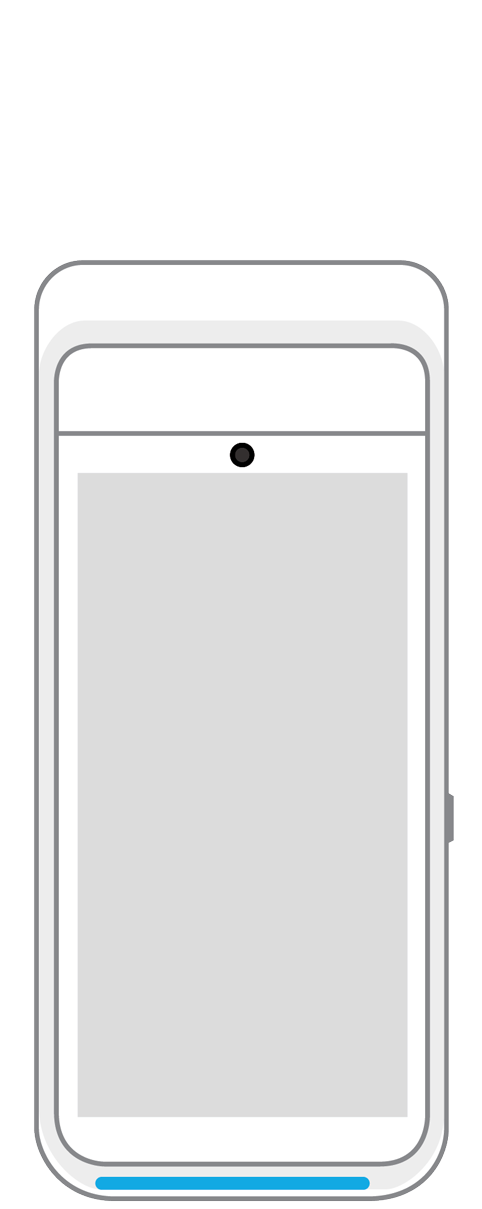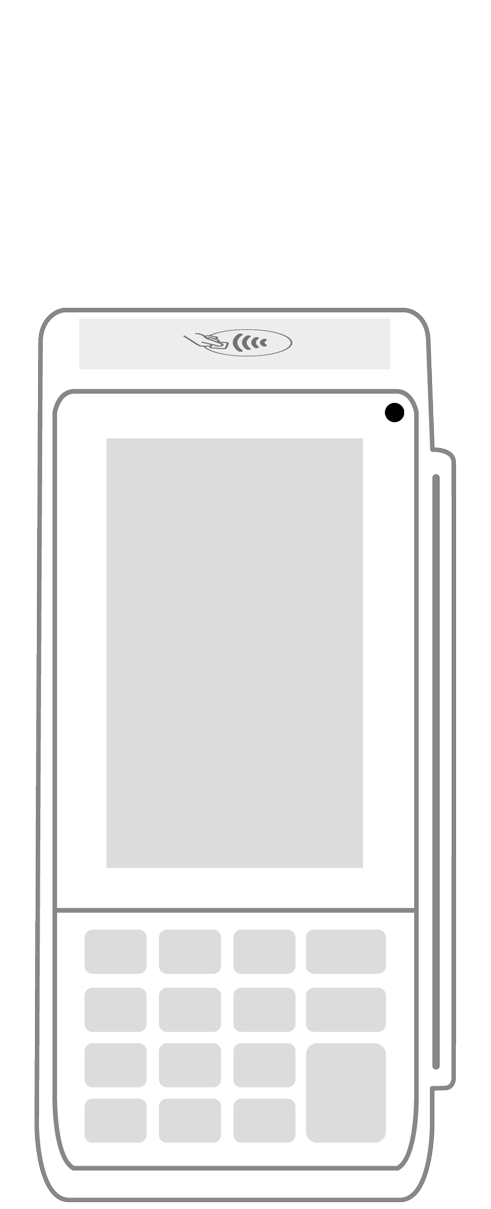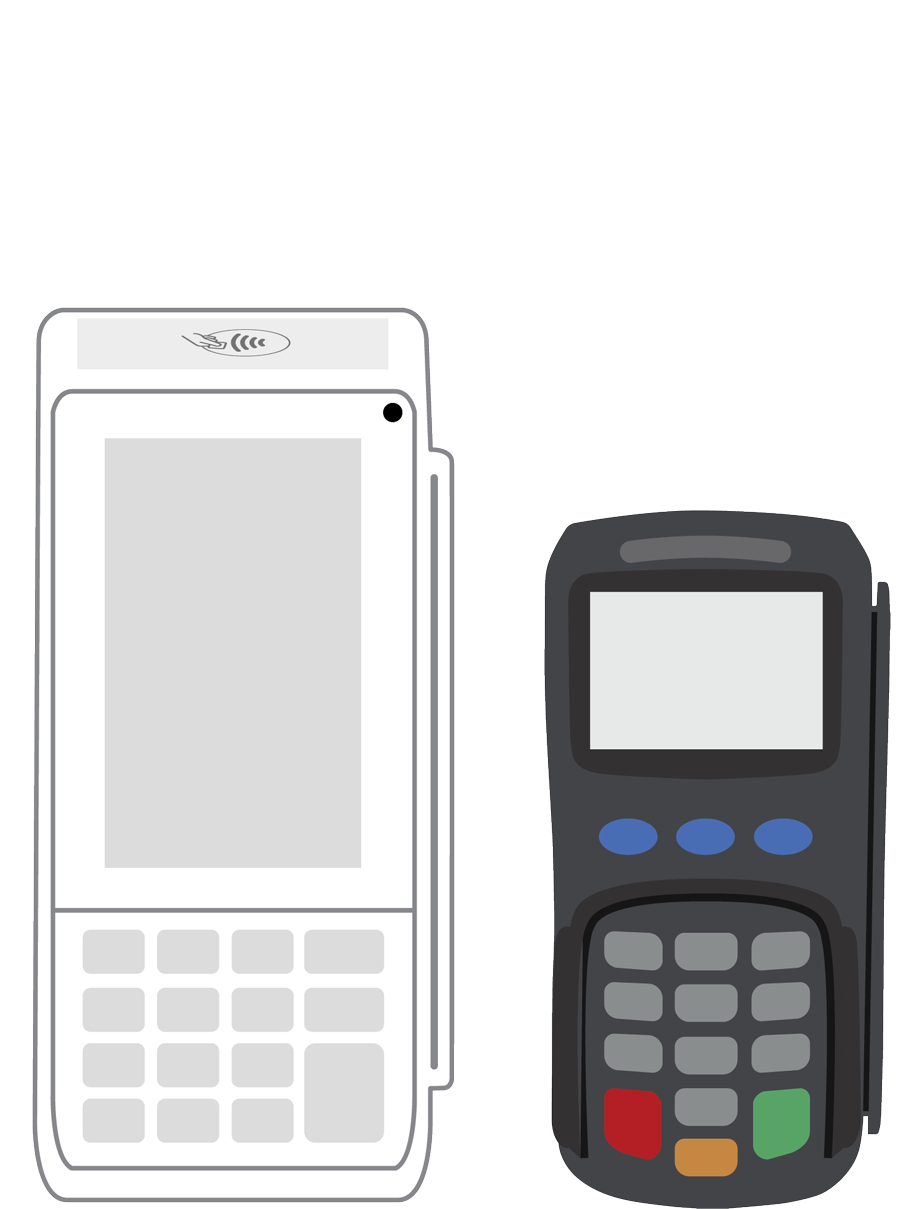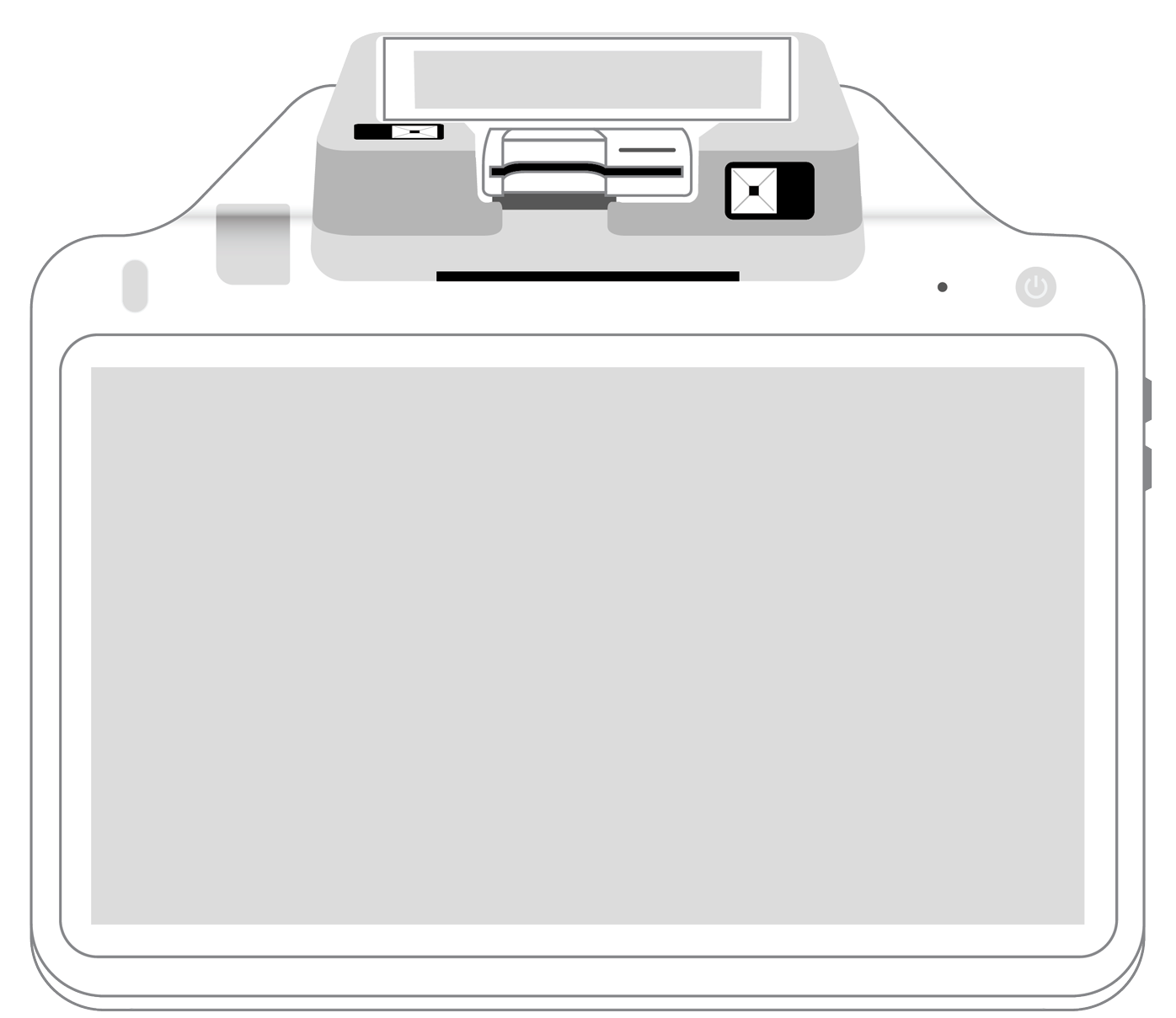Master small business bookkeeping in 2020 with these 5 strategies!

Inaccurate filing and late tax payments cost 40% of small businesses an average of $845 in penalties every year, but it doesn’t have to happen. Avoid big headaches — and big expenses — at tax time with these five bookkeeping tips for 2020.
Get in the habit of reconciling.
If you’re still sticking all your receipts in a shoebox and filing bank statements in a folder marked “do later” this is the year to break the habit. Maybe start with organizing receipts into categories, recording your expenses, and filing everything accordingly. Get out your business checkbook, credit card statements, and other financial paperwork. Then, make sure the numbers agree with your accounts. Set aside a designated time for this reconciling routine every week to ensure consistency between your books and your statements.
Upgrade to accounting software.
For cleaner record keeping, invest in accounting software. Look for a platform with a user-friendly interface and tools you can easily understand. Seamless point of sale system integration is a plus. Linking your POS solution to bookkeeping software enables real-time updates of transactions, inventory, and employee data to simplify both accounting and payroll. Once your business bank account is connected, reconciliation is a breeze. Your accounting software should double check the numbers for you, which will minimize errors — all you have to do is categorize your transactions.
Digitize and automate your invoicing process.
Promptly issuing invoices keeps cash flowing into your business. A switch to digital invoicing prevents delays and allows you to send automatic payment reminders in advance of due dates. Some POS software includes invoicing tools, while other platforms integrate with third-party solutions. For hassle-free invoices, look for software with:
- Customizable branded invoice designs.
- Recurring payment processing.
- Auto-pay enrollment for customers.
- Multiple payment options.
Every time a purchase is made or an invoice is paid, corresponding transaction information should appear in your accounting software.
Utilize reporting tools.
By linking your accounting software with your POS system, you can get a head start on streamlining your bookkeeping process in 2020. Integration puts all your important financial information in one place, allowing you to create accurate balance sheets, cash flow statements, and profit and loss statements with just a few clicks. Running regular reports brings potential budget problems to light and gives you the opportunity to make strategic changes so that you don’t have to worry about where cash is going or use guesswork to determine if your business is poised to pursue growth.
Talk with a pro.
To fully understand the nuances of your budget, it helps to go over your books with a certified public accountant (CPA) once or twice a year. A CPA can point out errors or inefficiencies in your accounting process and suggest improvements. They can also prepare your tax returns and act as a representative if you ever have any problems with the IRS, like federally mandated backup withholding.
Getting your business budget under control establishes a strong financial foundation and opens up opportunities for growth. Make 2020 the year to focus on better budgeting, and start realizing your vision of a thriving company.
More from Business tips
 3-in-1 Reader |  Terminal |  Keypad |  PINPad Pro |  Flex |  POS+ | |
|---|---|---|---|---|---|---|
Payment types | ||||||
EMV chip card payments (dip) | ||||||
Contactless payments (tap) | ||||||
Magstripe payments (swipe) | ||||||
PIN debit + EBT | ||||||
Device features | ||||||
Built-in barcode scanner | ||||||
Built-in receipt printer | ||||||
Customer-facing second screen | ||||||
External pinpad | ||||||
Wireless use | ||||||
Network | ||||||
Ethernet connectivity | With dock | |||||
Wifi connectivity | ||||||
4G connectivity | ||||||
Pricing | ||||||
Free Placement | ||||||